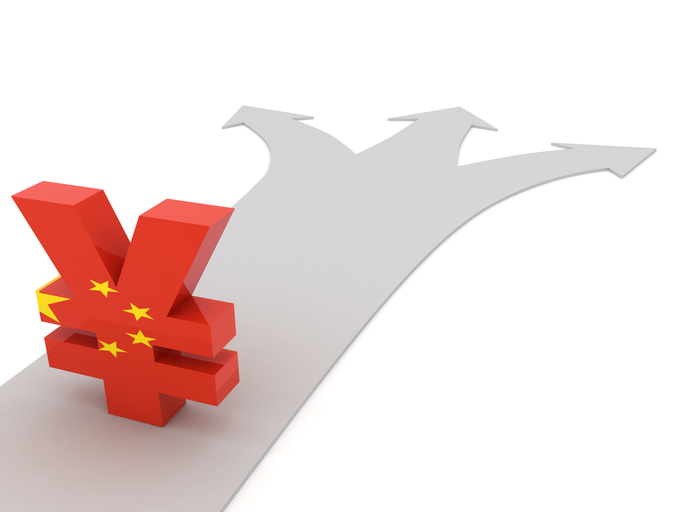Inflation Is Not about Price Increases
The comments below are an edited and abridged synopsis of an article by Frank Shostak
There is almost complete agreement among economists and various commentators that inflation is about general increases in the prices of goods and services. From this, it is established that anything that contributes to price increases sets in motion inflation.

A fall in unemployment or a rise in economic activity is seen as a potential inflationary trigger. Some other triggers, such as rises in commodity prices or workers’ wages, are also regarded as potential threats.
Mainstream economists maintain that inflation causes speculative buying, which generates waste. Inflation can also erode the real incomes of pensioners and low-income earners and causes a misallocation of resources. Inflation also undermines real economic growth.
Shostack examines why a general rise in prices can hurt some people and not others; how inflation leads to the misallocation of resources; and why a general rise in prices weakens real economic growth.
To ascertain what inflation is, it must be defined. To establish the definition of inflation, we must establish how the phenomenon emerged.
Up for discussion: The essence of inflation; how inflation influences wealth destruction; whether increases in commodity prices cause inflation; and whether inflation expectations can trigger a general price rise.

